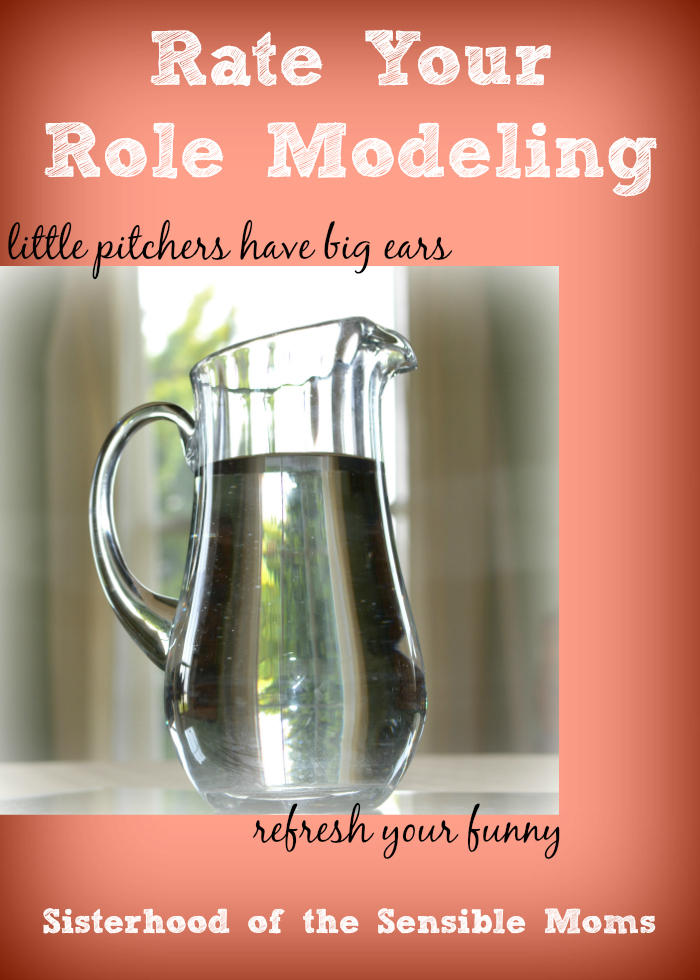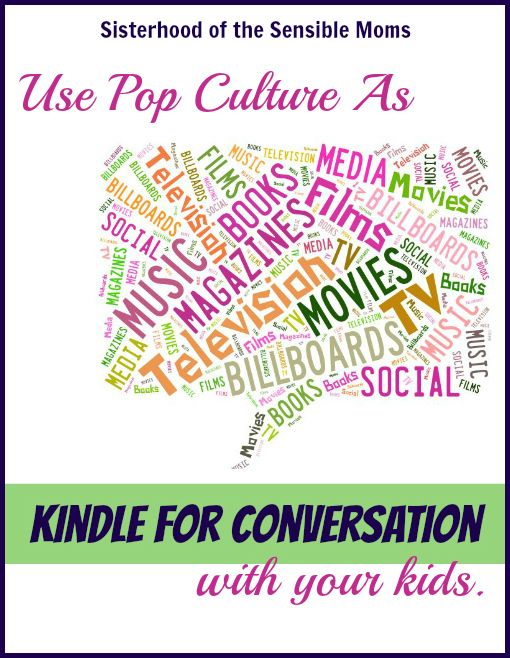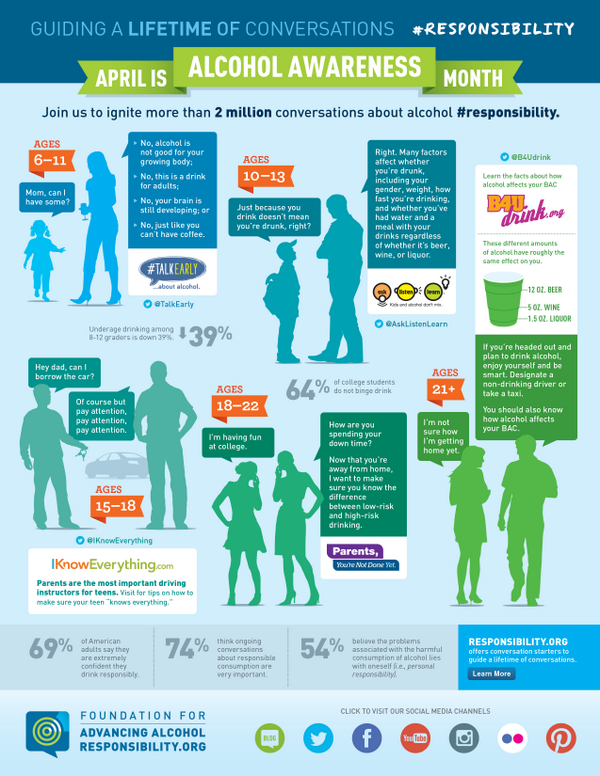Little pitchers have big ears.
Ellen: This idiom befuddled me as a child.
Erin: Really? It just refers to little children overhearing and understand more conversations than their parents might think. It’s an allusion to the ear-like handles often found on smaller pitchers. I think the phrase dates back at least to early 16th century England . . .
Ellen: I said as a child. A CHILD. You’re the bee’s knees of old timey phraseology. I swear it’s like blogging with a senior citizen. Now that I’m a mother, I know exactly what it means. To quote a great poet: “I always feel like somebody’s watching me.”
Erin: And you are the grand master flash of quoting 80s pop music. But kids are doing more than just watching and listening in this digital age. They’re reading what we write in texts and on Facebook and Twitter, also.
Ellen: We all monitor our kids online, but don’t think for a second they aren’t monitoring us too.
Erin: That’s why our blog is pretty PG rated. We started it when our kids were older and after several of them were already active on social media. We wanted them to be able to read it without us having a lot of ‘splaining to do.
Ellen: We already knew how hard parenting teens was and we just didn’t want to make it harder on ourselves.
Erin: Plus we are not the best at compartmentalizing. Our lives are sprawling, happy messes with one area sloshing over onto another. The CIA is not seeking us out as double agents, that’s for sure.
Ellen: This is not to say that blogs can’t be meant for mature audiences, it’s just not what we do.
Erin: We don’t do fashion blogging either, unless modeling Keens counts, and that certainly doesn’t make it bad or wrong.
Ellen: So we write without f-bombs and raunch, but how are we doing on a more subtle, subliminal level?
Erin: We questioned ourselves a bit at our recent summit with the Foundation for Advancing Alcohol Responsibility (FAAR) after hearing Haley Kilpatrick, Founder and Executive Director of Girl Talk, speak.
Ellen: Girl Talk’s mission is to help young teenagers build self-esteem, develop leadership skills, and recognize the value of community service. They have this program called T.H.I.N.K. to remind everyone to “THINK before you speak, text or type.”
Erin: Yeah, that lesson is not just for teens. They want you to consider, “Is what I’m saying True, Helpful, Important, Necessary, and Kind?”
Ellen: That is some pretty good stuff. So when Haley later went on to discuss how it angers and confuses children when their mothers present themselves as one way to the world and another way to them, we took notice.
Erin: And when FAAR later asked, “What messages are we sending our kids when we joke about drinking?” it definitely was a moment that made us go, “Hmmmmmmm.”
Ellen: Children’s most “preventative years” are between the ages of six and ten. In other words, this is when they are the most receptive to learning healthy, balanced behaviors. So in terms of alcohol, are we unintentionally normalizing drinking as a coping strategy when we talk about wine as “Mommy’s Juice” or joke that our kids drive us to drink?
Erin: Now adults are allowed to have grown-up conversations with mature jokes. Yes, we enjoy those from time to time . . . or always.
Ellen: But the food for thought is that what we post online might not be away from little eyes. Your Wee Wendy might not have a smartphone, but 88.3% of her friends do and it is just one quick click to check out your Twitter feed.
Erin: And I know I always have my Facebook profile open on my laptop. I can’t be the only one.
Ellen: No, you are not.
Erin: Kids judge in pretty concrete black and white terms; it’s a developmental thing. The best parenting strategy for this is honesty and consistency. How do we as parents find the balance between falsely homogenizing our lives down to a G-rated movie and being the best role models we can be?
Ellen: Seriously! We want your opinion! Watch this video and see what FAAR’s #RefreshYourFunny means. We would love to hear what you have to say.
Erin: It’s time to rate your role modeling. Where do you find the parenting balance?
This piece is part of the series we write as ambassadors for FAAR. We receive compensation, but all opinions are our own.











